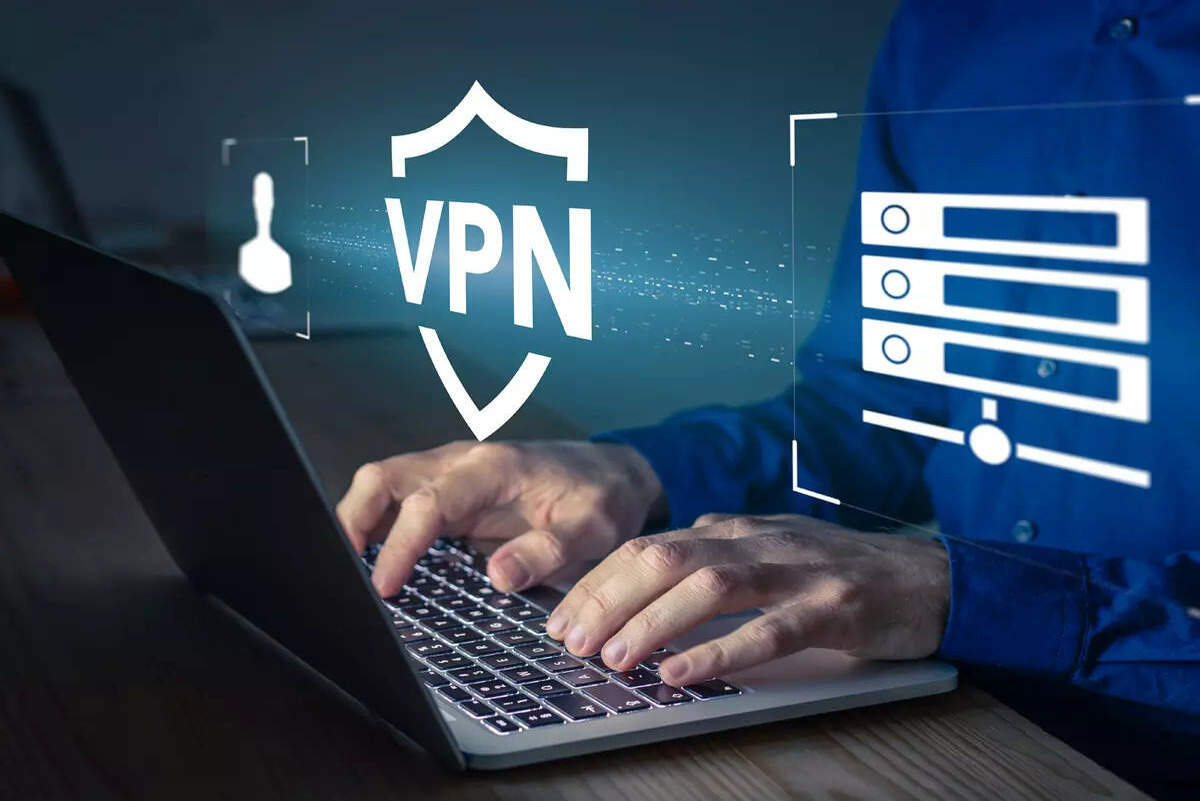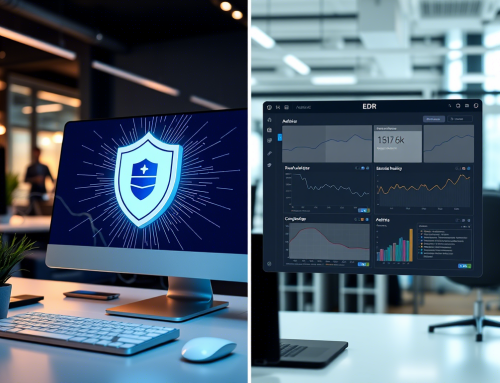Technology enthusiasts and cybersecurity professionals alike recognize the importance of staying protected online. This is where Virtual Private Networks (VPNs) come into play. Whether you’re concerned about securing your connection on public Wi-Fi or considering setting up a DIY VPN for your home, understanding how VPNs work and their critical role in network security is key.
Here, we’ll explore what VPNs are, how they work, and why they’re essential, especially when connecting to public networks. Plus, we’ll show you how you can create your own VPN setup for home use!
What Is a VPN and How Does It Work?
A VPN (Virtual Private Network) is a technology that creates a secure, encrypted connection wherever you access the Internet. Essentially, a VPN acts as a protective tunnel for your data, hiding sensitive information from prying eyes.
Here’s how it works in simple steps:
- When you connect to a VPN, your device (computer, smartphone, etc.) connects to a server through an encrypted tunnel.
- Your internet activity is funneled through this server before accessing the broader internet.
- Websites you visit or online services you use see the IP address of the VPN server instead of your personal IP address, offering added privacy.
Key takeaway: This encryption ensures that any data you send or receive is protected from hackers, especially on unsecured networks like public Wi-Fi.
Why Should You Use a VPN on Public Networks?
Public Wi-Fi networks, such as those in coffee shops, airports, or libraries, might seem convenient—but they can be very risky. These networks are often unsecured, making them a prime target for cybercriminals.
Here are the top reasons why using a VPN in public networks is vital:
- Protection Against Hackers: Without a VPN, cybercriminals can intercept your data (passwords, financial details, personal communications) with tools like packet sniffers.
- Secure Data Encryption: VPNs encrypt your data, making it unreadable to anyone attempting to intercept it.
- Anonymity: A VPN hides your IP address, masking your online activities and preventing tracking from advertisers or malicious entities.
- Safeguarding Sensitive Work: For professionals working remotely, a VPN ensures sensitive work-related data stays protected, even when using public Wi-Fi.
Can You Make Your Own VPN for Home Use?
Absolutely! For tech enthusiasts and cybersecurity learners, creating a home VPN can be a rewarding project. Setting up a DIY VPN for home use allows you to control your internet privacy without relying on third-party VPN providers.
Here’s how you can do it:
Step 1: Choose Your VPN-Friendly Device
You’ll need a router, a NAS (Network Attached Storage) device, or even a spare computer to act as your VPN host. Devices like Raspberry Pi are popular choices for home VPN setups.
Step 2: Select and Install VPN Software
There are free and paid options available. Popular DIY choices include:
- OpenVPN (a highly secure, open-source VPN protocol)
- WireGuard (a faster, more modern alternative)
Step 3: Configure and Port-Forward Your Home Router
Set up port forwarding on your router to allow a secure VPN connection from outside your local network. Make sure to pick a strong username and password for access.
Step 4: Test Your VPN
Once set up, connect to your VPN from an external device to confirm everything is working as intended. You now have secure remote access to your home network!
Pro Tip: A home VPN is especially useful for accessing your personal files or devices remotely when you’re away from home, keeping your connection private and secure.
Benefits of Building Your Own Home VPN
Creating your own VPN takes some effort, but it offers unique advantages:
- Full Control: You manage the server and have complete control over how your VPN operates.
- Cost-Efficiency: Avoid recurring monthly fees from third-party providers.
- Enhanced Privacy: With your own VPN, no one else has access to your usage logs or data.
- Learning Opportunity: It’s a great way to build your technical skills and gain hands-on experience with VPN technology.
Choosing the Right Public VPN Service
Not ready to build a VPN from scratch or need something for travel? Choosing a reliable VPN provider is essential. Look for providers that offer the following:
- Strong Encryption Protocols (e.g., AES-256 encryption)
- No-Logs Policy (ensures your activity isn’t tracked or stored)
- Servers Around the World (helpful for accessing geo-restricted content)
- Fast Connection Speeds (so your browsing and streaming aren’t interrupted)
- Compatibility with Multiple Devices (PC, iPhone, Android, etc.)
Popular options include NordVPN, ExpressVPN, and CyberGhost, all known for their trustworthiness and performance.
From providing anonymity on public networks to empowering you to take control of your home internet security, VPNs are a must-have for anyone serious about online privacy and cybersecurity. For tech enthusiasts eager to learn, building a DIY home VPN is a worthy challenge. And for professionals seeking portable security, public VPN services are invaluable.
The next time you connect to free Wi-Fi at your favorite café, remember this: A VPN could be the difference between a safe connection and putting your data at risk.





